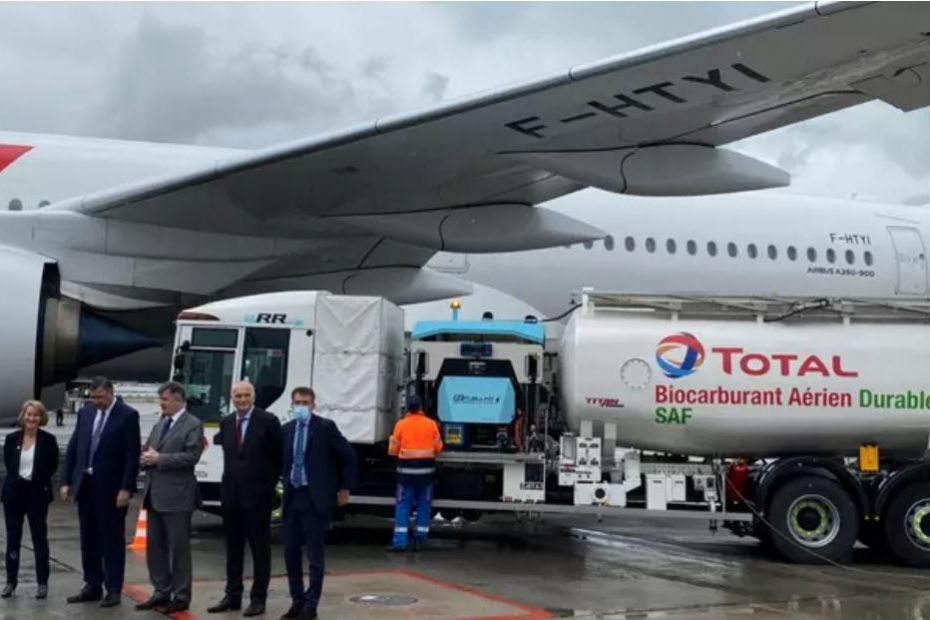According to Air France calculations, this mixture generates an additional cost of € 4 per passenger on the route taken.
In order not to lose competitiveness, the company intends to encourage the use of these biofuels for as many companies as possible.
But traditional airlines have sought to move away from long-haul flights, arguing that the requirement could expose them to unfair competition from abroad.
The possibility of commercial loss has even led several low-cost airlines, including Ryanair, Wizz Air and EasyJet, to demand that the EU rules apply to all flights originating in Europe.
French legislation will be a great ally to the plan, since it determines, from 2022, the use of biofuel in 1% of all flights that take off from the country.
In 2025, that number will rise to 2%, according to the law in force and, in 2030, it will reach 5%. The tendency is for the practice to be gradually adopted by companies.
Airbus intends to take a step forward, and is already studying strategies for using no less than 100% biofuels on flights “in the coming decades”.

